Feature
The Idea Of Leaving Home In ‘A Long Petal Of The Sea’
‘How can I live so far from what I have loved, from what I love?’
Chilean writer Isabel Allende’s latest novel, A Long Petal Of The Sea, is an epic saga of countries and people whose lives have been shaped by war. The book begins in Spain, towards the end of the Spanish Civil War, which turned nearly half a million people into refugees as they fled from Spain to France, fearing for their lives.
The book follows the story of Victor Dalmau and Roser Bruguera, as they escape from Spain to France. From there, they travel to Chile, where they set up a new life, and work towards building a home away from their homeland. Their lives are disrupted again, many years later, when Chile hurtles towards fascism with Augusto Pinochet capturing power in a military coup.
The book captures the pain of leaving and what it means to relinquish home. It asks us to consider what it takes for people to not only leave their homes behind, but also sacrifice the idea of belonging in order to survive.
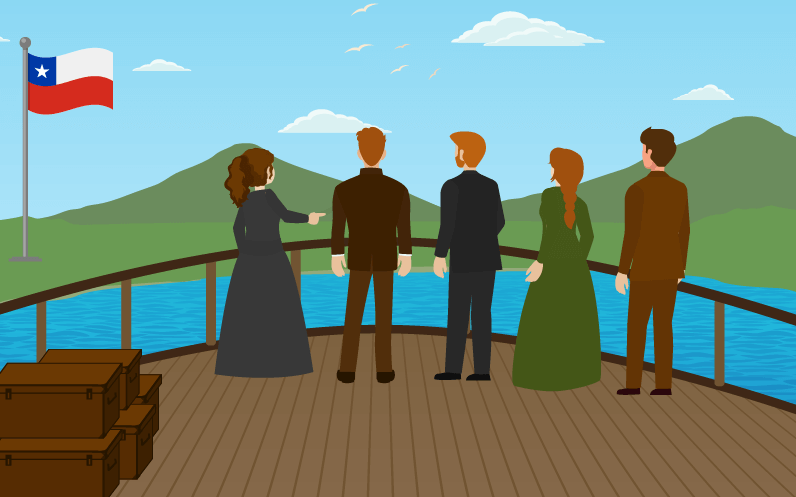
What It Takes To Leave
‘you only leave home
when home won’t let you stay.’
The first part of the book introduces us to the Dalmau family, amidst the frenzy of war. As Francisco Franco’s forces gain ground, the Dalmaus are forced to confront their precarious position in a Spain ruled by the Nationalists (under Franco) and begin to grapple with the question of leaving their home. On his deathbed, Marcel Lluis Dalmau makes his son, Victor, promise that he will leave Spain for the safety of France with the remaining members of the family. He beseeches Victor, telling him to understand that leaving Spain, ‘isn’t cowardice, it’s a question of survival’.
The novel weaves in personal and political narratives deftly, tying in the stories of its individual protagonists intimately with the lives of nations, and larger political events. A Long Petal Of The Sea manages to capture the individual and personal cost of war and conflict through the deeply personal story of Roser and Victor as they navigate war, exile, loss and love together, making it incredibly relevant to today’s times.
Roser and Victor leave Spain only after their last comfort is violently seized from them – the assurance that they will never be unsafe in their own homes. Confronted with the choice of certain annihilation if they stay in Spain and the possibility, however small, that they might be able to survive if they leave, Roser and Victor leave behind all that they have known and loved and undertake a gruelling, difficult journey to France. They undertake this journey with no idea of what awaits them at the other end, no guarantee whether they will be allowed into France at all, fuelled only by the knowledge that to cling to the idea of home is to die.
After having rebuilt their lives in Chile, the Dalmaus experience exile once again. They are forced to deal with their homes being wrested away from them by yet another political crisis. Allende’s masterstroke is in getting us to invest in the lives of Victor and Roser, as they make their way in a world where their very existence is an act of resistance. We understand the unwillingness and the heartache that stains their departure from Spain, and their heartbreak at having to leave Chile because Allende never loses sight of the ways in which the people caught in this nightmare navigate their personal and private tragedies within the larger, public, and national one. Allende highlights the cost that is forcefully extracted from people in political crises – a painful one being where home is made unrecognisable and unsafe, forcing people to leave behind everything they have known and loved, for the chance to live another day.

(Isabel Allende; Image via Literary Arts)
What It Costs To Arrive
‘You broke the ocean in
half to be here.
only to meet nothing that wants you.’
As Roser and Victor escape from Spain and head to France, they are greeted by a country unwilling to accept them. With refugees dying at the border, France grapples with its disgust for the ‘massive influx of undesirables, as they were officially called’. The language Allende uses to describe France’s mistrust and disdain of the refugees is eerily reminiscent of the ways in which different countries describe migrants even today. Whether it is referring to desperate migrants as ‘termites’ or as an ‘invasion’, countries still deploy dehumanising language to justify the inhuman ways in which they treat the most marginalised and most desperate communities.
But what Allende also draws our attention to is the ways in which these countries that don’t want to receive migrants or refugees are sometimes complicit in the processes that have rendered them stateless. France and Britain’s inaction during Franco’s usurpation of power in Spain, with the help of Germany and Italy, caused the crisis that led to half a million people at their border. America’s meddling in the politics of Chile led to the fall of a democratically elected government and the rise of a military dictatorship. Allende’s focus on the ways in which national crises are caused by global political factors emphasises the ways in which refugees are often pawns of political interests that are beyond their own spheres of influence, losing their homes, their loves and lives to a politics in which they are seen as wholly dispensable.
In today’s world, refugees of political crises escape the most horrifying circumstances to find themselves unwelcome in other countries, dehumanised and discredited. A Long Petal Of The Sea is an attempt at reclaiming that humanity which is wilfully erased in order to justify the continued violence on disenfranchised peoples. Forced to migrate and to move away from all that they had ever loved, the passengers on the SS Winnipeg arrived in Chile with the determination to belong and build their homes anew in a foreign country. In doing so, they enriched ‘the country with a wide range of talent, knowledge and culture’.
(Refugees from the Spanish Civil War; Image via France 24)
What Does Home Mean?
‘Where should we go after the last frontiers?
Where should the birds fly after the last sky?’
‘The Earth Is Closing On Us’, Mahmoud Darwish
In the book, Carme, Victor’s mother, states, ‘Our homeland is where our dead are buried.’ As she expresses her yearning to be buried in Spain, where her husband is buried, where her younger son, Guillem, lost his life, she also states the desire to be buried in Chile, the country where she has found home again.
Through the book, various characters reflect on the idea of displacement and belonging. Roser, who left her natal family as a young girl, refuses nostalgia when she thinks about the idea of home, both when she leaves Spain and when she is forced to move to Venezuela. She prefers to root herself in the present and look into the future rather than consider what she has had to leave behind, which helps her cope with her constant displacement. She does not allow herself the luxury of anguish, of reminiscing about a past and a home she knows are lost to her forever, choosing to build and rebuild as the situation demands. Victor, on the other hand, finds himself unable to leave the idea of home behind, yearning to revisit Spain, to be allowed to ‘dis-exile’.
However, when he and Roser finally visit Spain after the death of Franco, they realise that the home they had there is both literally and figuratively lost to them forever. They realise that there ‘was no longer any place for them’ in this Spain. Exhausted at trying to find some remnant of home in Spain, Roser and Victor realise, that after so many years, it is Chile – where they rebuilt their lives, where they raised their family, where they have people who remember and recognise them – that they belong to. They realise that perhaps home is a place where they are not outsiders anymore.
(Mass protest in Chile; Image via The Globe Post)
A Long Petal Of The Sea is a critical, if slightly inconsistently paced book, which asks the questions relentlessly – What does it mean to leave home? What does home mean when you live in exile? What forces people to forgo belonging in order to survive? What toll does that take on those forced to make these sacrifices? The book, while offering no answers to these questions, allows us to consider the implications of these questions as the characters explore the answers to these questions in their lives.
A Long Petal Of The Sea is an important book for our times, reminding us of the human stories that are hidden behind the numbers and statistics that define our language when we talk about people displaced due to political crises, religious persecution or climate crises. In doing so, the book does what all good writing aspires to do – it helps us build empathy with the struggles of people far beyond our limited realms of experience.

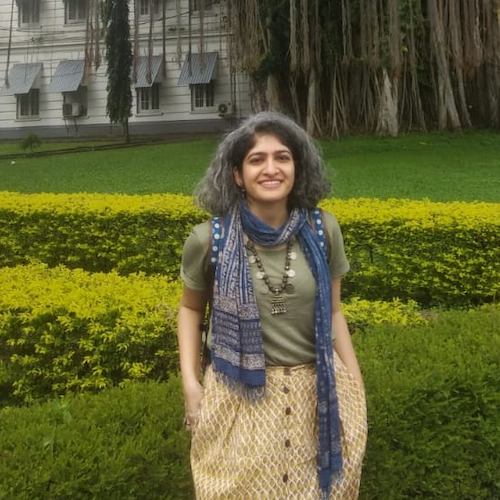
Shweta Radhakrishnan
Shweta Radhakrishnan is a professional daydreamer inhabiting multiple worlds, some of which she tries to explore through her writing. She also moonlights as a researcher, a development sector professional and as a documentary film-maker. Apart from this, she also enjoys reading books that her friends tend to view as morbid or melancholy.
Read her articles here.

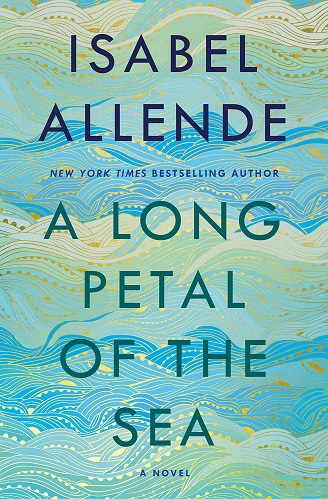
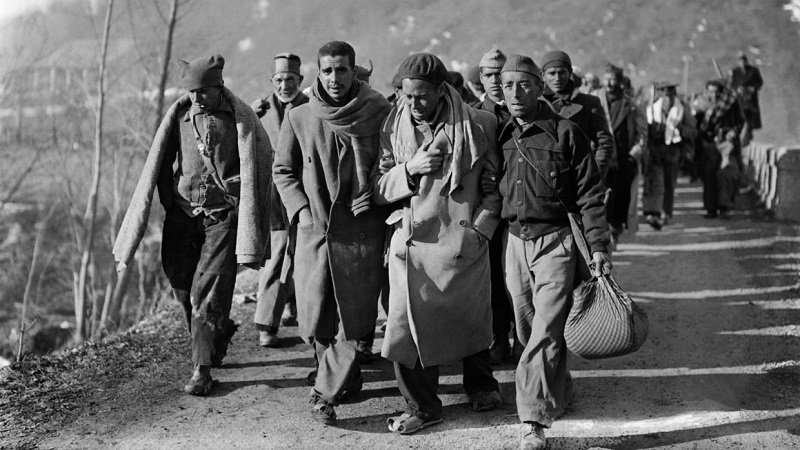
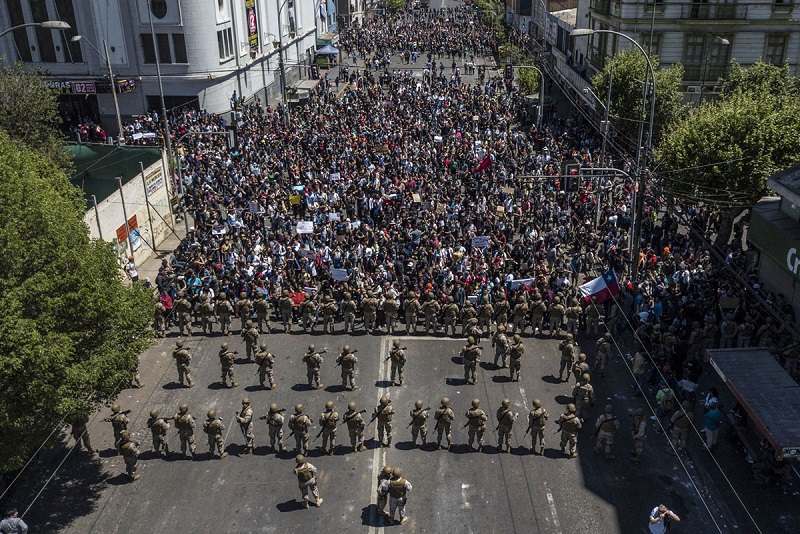


Splendid analysis. I appreciate that you both place the book’s themes in a larger geopolitical context, and examine how the characters vary in their stance towards home.
Re: the contrast between Roser’s vs. Victor’s willingness to adapt to a new home: genetic research suggests that the phenomenon of women leaving their natal villages after marriage — familiar to us in India — has been a phenomenon of human history across place and time. Through human history, men have stayed close to their homes (bar mass events like wars, colonisation, and exoduses); women have steadily trickled far from their natal places. Perhaps, culturally, women are more primed to adapt to new geographies and cultures?